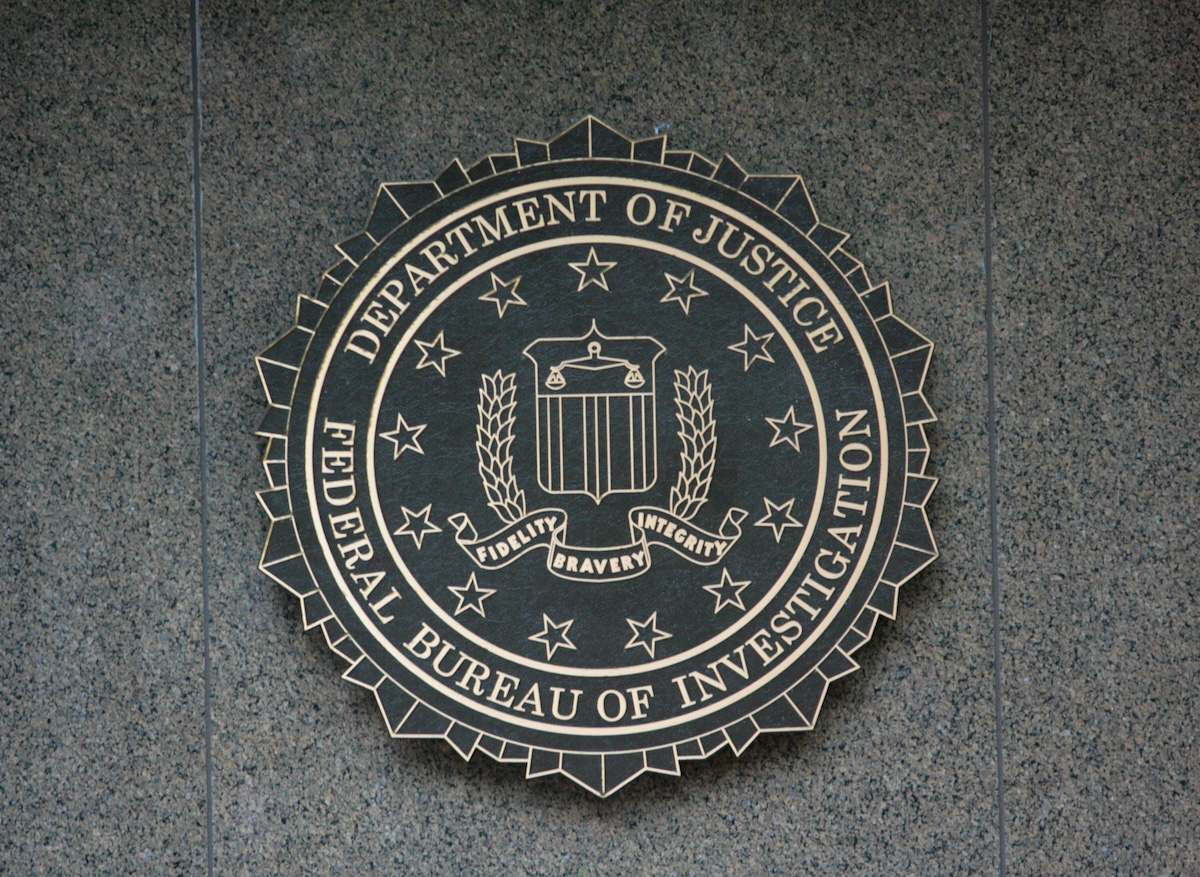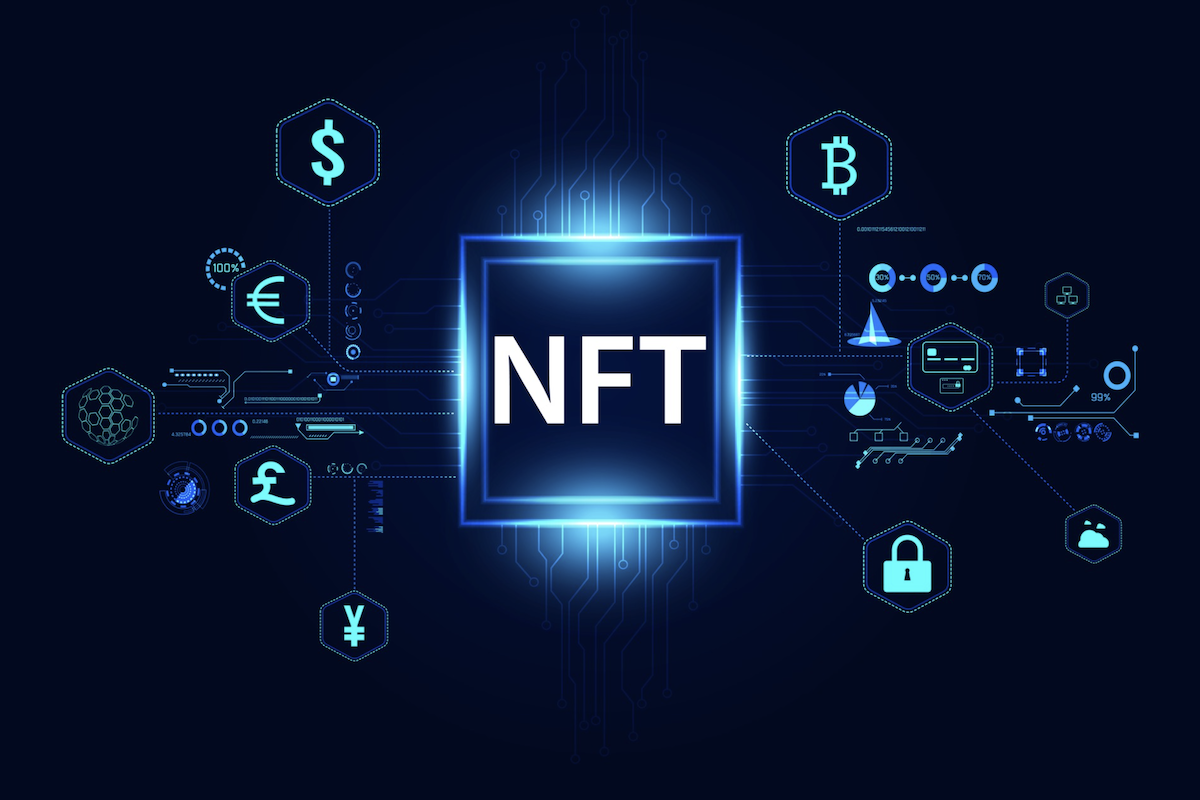FBI Uses NFTs to Reclaim Stolen Funds in CluCoin Fraud Case
Discover how the FBI is using NFTs to return $1.14 million to CluCoin fraud victims, bypassing traditional methods of victim contact.

In a surprising move, the FBI has decided to use NFTs to return $1.14 million to victims of the CluCoin fraud. This is the first time law enforcement agencies have used NFTs to reach out to victims of fraud.
Using NFTs to Notify Victims
CluCoin fraud victims will receive notifications through NFTs, which will provide instructions on how to reclaim their stolen funds. By using NFTs, the FBI aims to bypass the traditional methods of victim contact that cybercriminals prey on. By embedding crucial recovery information within the NFT, the FBI can ensure that only the rightful victims are directed to the restitution process while minimizing the risk of further fraud.
Emerging Trend of NFTs in Law Enforcement
This case could represent the beginning of a new trend for law enforcement. One in which NFTs are relied upon for a variety of legal and government purposes. The secure and transparent nature of NFTs makes them an ideal tool for improving accountability and ensuring the integrity of legal transactions in the digital age.
Picture a society in which NFTs are used to verify identities securely, to communicate claims of restitution, and to oversee the management of legal documents. The approach taken by the Federal Bureau of Investigation to aid CluCoin fraud victims could very well be the template for the use of NFTs in civil and criminal cases as the technology continues to mature.
Implications for Regulatory Frameworks
The increasing application of NFTs in law enforcement is prompting regulators to step in and ensure the proper governance of these digital assets. Currently, NFTs exist in a largely unregulated space, with rules that vary widely by jurisdiction. And as law enforcement agencies begin to use NFTs in their investigations, the need for standardized regulatory frameworks becomes even more pronounced.
This development may also promote collaborations between government institutions and blockchain platforms. Agencies that enforce the law may need to partner closely with regulatory authorities to create policies that safeguard both the victims of financial crimes and their digital assets.
The CluCoin case exemplifies the innovative use of crypto assets like NFTs in contemporary law enforcement. By recovering money stolen from CluCoin investors using NFTs, the FBI demonstrated that NFT technology can become a cornerstone of "digital policing" in the crypto world. As NFTs mature, they might even become a hallmark of digital law enforcement.
Editor’s note: This article was written with the assistance of AI. Edited and fact-checked by Owen Skelton.





